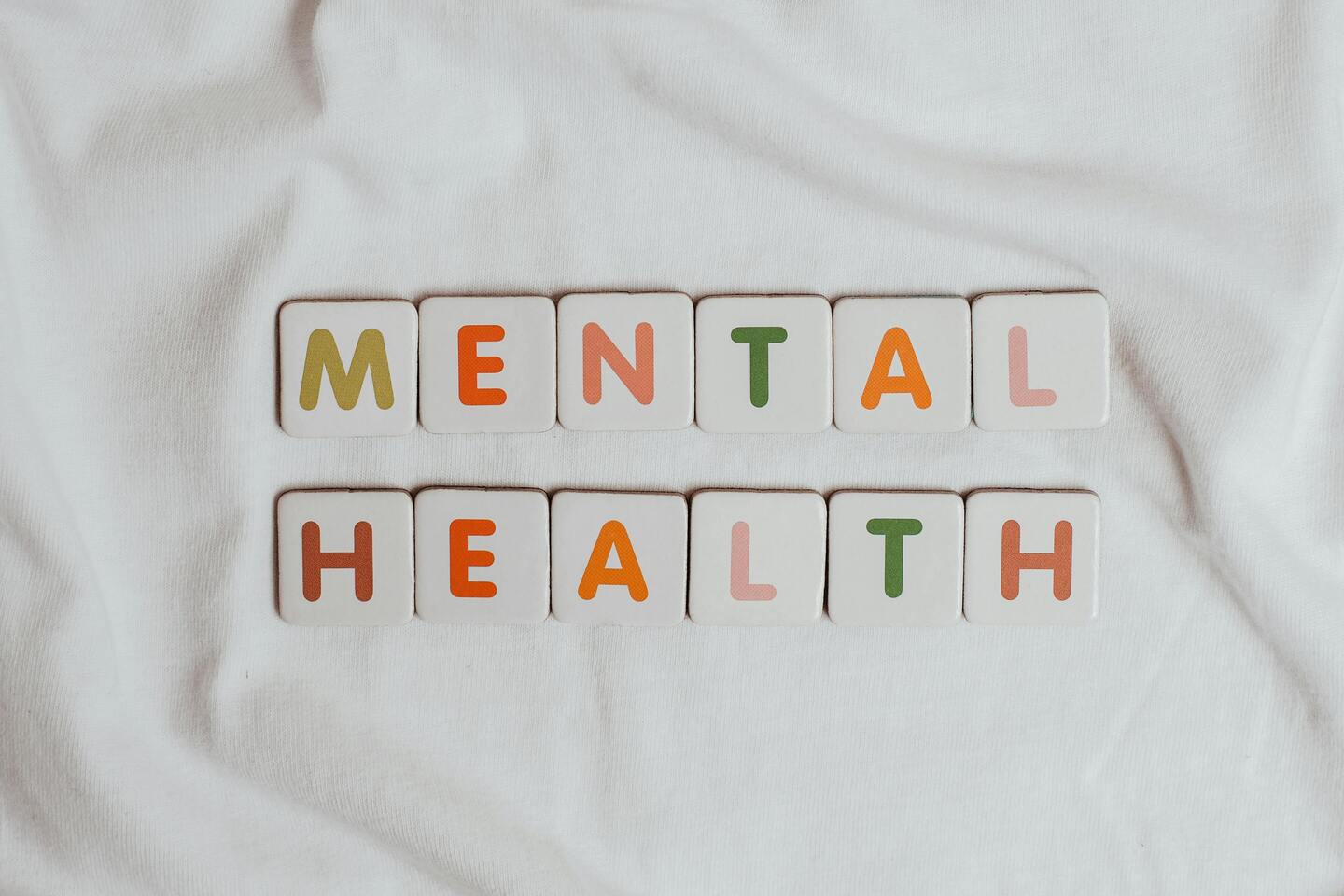
Recent groundbreaking studies have positioned omega-3 fatty acids at the forefront of nutrients supporting mental health. A meta-analysis published in World Psychiatry of randomized control trials on nutritional supplements as treatments for mental disorders highlights omega-3's significant role. Furthermore, the International Society for Nutritional Psychiatry Research (ISNPR) released practice guidelines for omega-3 as adjunct therapy for major depressive disorder (MDD) just a week prior.
These revelations come as a beacon of hope for the hundreds of millions grappling with mental health challenges globally.
The alarming state of mental health
Mental health issues are more common than one might think, affecting about 1 in 5 adults with nearly 5% experiencing a serious mental illness. Among children aged 6-17, almost 17% have encountered a mental disorder. The World Health Organization (WHO) estimates around 450 million people worldwide live with such conditions, making them the leading cause of illness and disability globally.
Conditions like depression affect over 300 million people, while many others suffer from schizophrenia, bipolar disorder, and anxiety. The global suicide rate, standing at one person every 40 seconds, emphasizes the urgent need for effective treatments.
Seeking solutions
A study published in World Psychiatry shines a light on the strong link between diet and mental health, suggesting that by focusing on nutrients proven to benefit mental health, such as omega-3, we could pave the way for preventing and treating some mental disorders.
The study involved a comprehensive review of data from nearly 11,000 individuals with mental health disorders, identifying omega-3 supplements as an effective adjunct treatment for severe depression, showing promise in reducing symptoms beyond the effects of antidepressants alone.
Dr. Joseph Firth, the lead author of the study, emphasized the potential of diet control in managing mood and mental health, while Professor Jerome Sarris highlighted the importance of an evidence-based approach to nutritional supplement use in mental health treatment.
Omega-3 in mental health: Guidelines and research
ISNPR's expert panel developed consensus-based clinical guidelines for the use of omega-3 in treating MDD, recommending formulations and dosages that show efficacy. The guidelines suggest using pure eicosapentaenoic acid (EPA) or a combination of EPA/docosahexaenoic acid (DHA) with a ratio higher than 2, with recommended doses of 1–2 grams of net EPA daily.
Future research is suggested to focus on personalizing the clinical application of omega-3 in MDD subgroups with a low Omega-3 Index or high levels of inflammatory markers, pointing towards a potential specific cut-off point for mental health and cognitive function related to Omega-3 levels.
These studies mark a significant milestone in understanding the role of omega-3 in mental health, offering a natural adjunct to conventional treatments and highlighting the importance of diet in managing mental well-being.
Buy your Omega-3 today!

